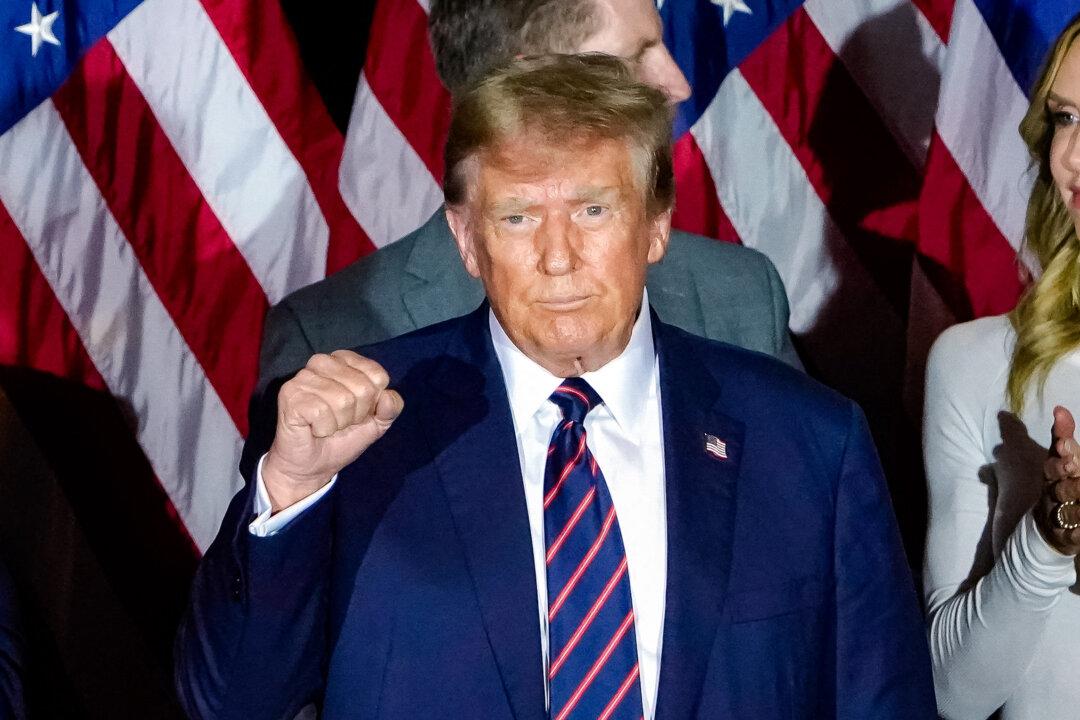Former President Donald Trump has scored a partial win in his bid to postpone his criminal trial in New York, in which the former president faces 34 felony counts of allegedly falsifying business records in connection with so-called hush money payments.
Manhattan District Attorney Alvin Bragg has agreed to a 30-day delay of the trial, which was supposed to start on March 25, according to a March 14 court filing.





